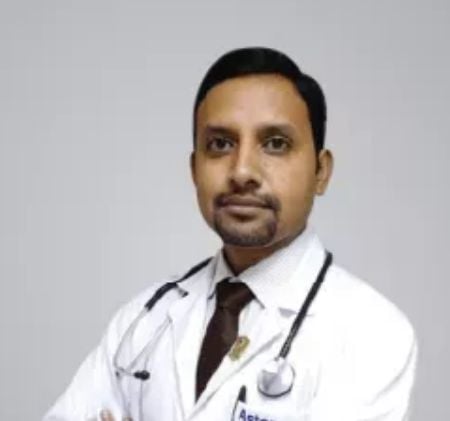Lung cancer remains one of the most significant health challenges globally, claiming numerous lives annually. Increasing public awareness about this disease is essential for mitigation and prevention. Understanding the underlying causes, risk factors, and the critical role of early detection can contribute significantly to reducing lung cancer mortality. By fostering a greater understanding of lung cancer and implementing comprehensive awareness initiatives, we can collectively strive towards a future where lung cancer is no longer a leading cause of death, and where early intervention becomes a norm that saves lives.
The primary risk factor for lung cancer is tobacco smoking, which is particularly prevalent in India and is responsible for approximately 85% of all lung cancer cases. The emphasis on smoking cessation cannot be overstated, as it is the most effective preventive measure. In addition to smoking, secondhand smoke represents an additional risk, particularly affecting non-smokers exposed to it regularly. Other contributing factors include environmental pollutants and occupational hazards, such as exposure to asbestos and radon gas, which can significantly elevate lung cancer risk. Furthermore, genetic predisposition plays a role, wherein a family history of the disease can heighten an individual’s susceptibility. Understanding these risk factors is crucial for effective education and prevention strategies.
The urgency of early detection and screening in improving lung cancer prognoses is paramount. Detecting lung cancer at its nascent stages, prior to metastasis, correlates with significantly improved treatment outcomes and survival rates. It is vital to promote regular screening for high-risk populations, inclusive of heavy smokers and individuals with a familial history of lung cancer. Low-dose computed tomography (LDCT) scans are widely recognized as effective tools for early detection and should be advocated for regular use among those at elevated risk. Moreover, raising awareness about smoking cessation is crucial, not only for reducing risk but also for encouraging former smokers to actively participate in screening initiatives.
Public awareness campaigns centered around lung cancer detection and warning signs can play a notable role in encouraging individuals to seek medical assistance at the earliest signs of concern. Symptoms such as persistent cough, chest pain, unexplained weight loss, and coughing up blood should be communicated effectively to prompt individuals to consult healthcare providers. Recognizing these early warning signs can lead to timely evaluations that are essential for successful treatment outcomes. Ensuring that these messages reach the wider population, particularly in remote and underserved areas, is also crucial for widespread action against lung cancer.
Access to healthcare is an indispensable aspect of early detection efforts. Individuals, especially in rural or underserved communities, must be afforded access to screening and diagnostic resources that can enable timely interventions. Integrating preventive measures with screening initiatives enhances the overall strategy against lung cancer. Promoting a healthy lifestyle, emphasizing the importance of avoiding tobacco products, and encouraging reduced exposure to pollutants are significant preventive measures that can mitigate lung cancer risk. Combining educational initiatives with community support can effectively mobilize individuals toward healthier choices and proactive health management.
Furthermore, continued research and technological advancements in lung cancer detection and screening methodologies are imperative for improving patient outcomes. Investment in developing more accurate screening techniques can foster early diagnosis and better treatment options. By addressing risk factors comprehensively and underscoring early detection’s importance, India can take significant strides towards enhancing lung cancer outcomes and alleviating the disease burden. Public awareness, accessible healthcare, and preventive efforts must unite in the battle against lung cancer. Dr. Pavan Yadav, Lead Consultant in Interventional Pulmonology and Lung Transplantation at Aster RV Hospital, emphasizes the critical need for a multifaceted approach that includes education, early detection, and lifestyle changes to effectively combat this devastating disease.


